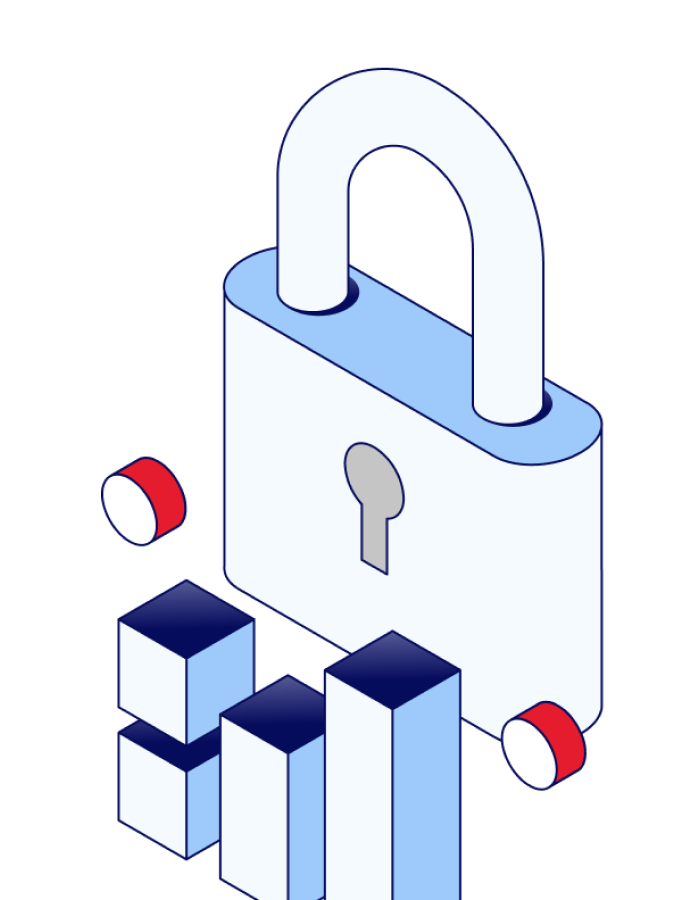Managing Prohibitions in Shariah-Compliant Investment

For hundreds of years, Muslims have been able to invest in business endeavours thanks to Islamic concepts like mudharabah. By employing the same principles in our stock market investments, we can confirm that we are adhering to Islamic values while also creating a more secure future for our families.
Seeking Wealth in a Mindful Way

The pursuit of money is not against Islamic law. Muslims are urged to obtain employment, take good care of their possessions, and accumulate more wealth.
A Muslim's wealth could support those in need, advance the development of the faith, and strengthen the economic standing of Muslims as a whole.
A Muslim, however, is required to follow the laws and directives established by Shariah law when seeking to accumulate wealth.
Who Decides Whether an Investment is Halal or Not?
In Malaysia, the Securities Commission is the regulatory body in charge of the investing sector (SC). With the exception of recreational clubs that are not listed, the SC regulates the stock exchange, clearing houses, and depositories located here. It will also register corporate prospectuses and approve the issuing of bonds, among other things.
Malaysia's capital market is split into two segments: the conventional capital market and the Islamic capital market. Majlis Penasihat Shariah (MPS) was founded on May 16, 1996, and it serves as the primary source for Islamic capital market matters pertaining to Shariah-compliant investments. SC is in charge of MPS.
When investing in a business, a certain set of requirements must be met in order for the transaction to be Shariah-compliant. Shariah screening consists of essentially two steps. It is crucial that the holding company, together with the subsidiary company, meets the industry screening requirements.
For instance, a corporation that manufactures car assets might have a subsidiary that finances vehicle assets and makes illegal income through customary and interest-bearing lending activities, making investing in the holding company illegal.

Screening for The Shariah Industry
Shariah financial screening watches how a company's non-Shariah Compliant practises are affecting business operations. The Shariah Supervisory Board's chosen Shariah Financial Ratios must be followed by investment companies.
Some Items that Screening Might Entail:
- Conventional Debt to Total Market Capitalization must not exceed 33%.
- Total Market Capitalization minus Cash + Interest-Bearing Deposits cannot be less than 33%.
- The ratio of total revenue to interest must be less than 2%.
Shariah Board and Shariah Governance

The term "Shariah Governance" refers to the Islamic Investment Fund's defined policies and practises that guarantee complete Shariah Compliance. All investments that abide by Shariah law must be approved by a panel or board of reputable Shariah scholars who are authorised to declare "Fatwa" (religious decrees) on financial transactions. All Shariah-compliant investment funds are guaranteed to be fully compliant by this panel of Shariah experts. The Shariah Supervisory Board not only grants initial permission for the investment goals and strategy of all funds, but it also periodically evaluates the investments to verify that they continue to be made in accordance with Islamic principles. Additionally, the Shariah Audit Committee performs annual Shariah audits of all funds to make sure that their regulations are followed throughout the year.
Basic Principles
For investors to be protected by transparency, dependability, and sustainability, Shariah investments must adhere to the same strict regulatory and compliance standards as conventional funds.
The business justification for these investment funds or the legitimacy of Management cannot be attested to by a simple Shariah certificate. Before making any investment, investors should get the right professional counsel and run background checks. Here are some fundamentals for investors to look out for:
1. Regulatory Compliance — Never invest your hard-earned money in an unregulated organisation as it is impossible to monitor or report any irregularities, and there is limited redress in the event of a default. A Shariah fund does not guarantee that your funds are secure against theft, fraud, or poor management. Be careful because it has occurred before.
2. Governance Structure – In order to not get involved in Ponzi schemes and personal bankruptcy, carefully research management and ownership of the company. There are a lot of aspiring finance counsellors and investment gurus that have little to no expertise in managing financial investments.
3. Risk and Audit - Before investing in any company, always look for audited financials that have been signed and certified by an established organisation. An internal audit and risk management committee, which is part of the investment fund, is required.
4. Target Assets - Always be aware of the fund's underlying assets. A lot of Shariah funds are unbalanced and overly aggressive, putting your finances at undue risk.
5. Shariah Audit - A Shariah Audit that has been signed by a reputable scholar is crucial because it enables outside parties to examine the internal operations of the fund.
6. Return On Investment (ROI) - Aim for returns that are in line with the market or somewhat above. High returns are an indication of systemic and inherent financial hazards to the business strategies of these high-return investment firms. The fund fact sheet might serve as a reliable barometer of past performance.
7. Shariah Certification - The fact that a fund complies with Shariah law does not guarantee the legitimacy of any investment. Before making a choice, each person must do his or her own research and analysis.
One of the largest bourses in ASEAN, Bursa Malaysia operates and regulates a fully integrated exchange offering a comprehensive range of exchange-related facilities.
Related Articles









